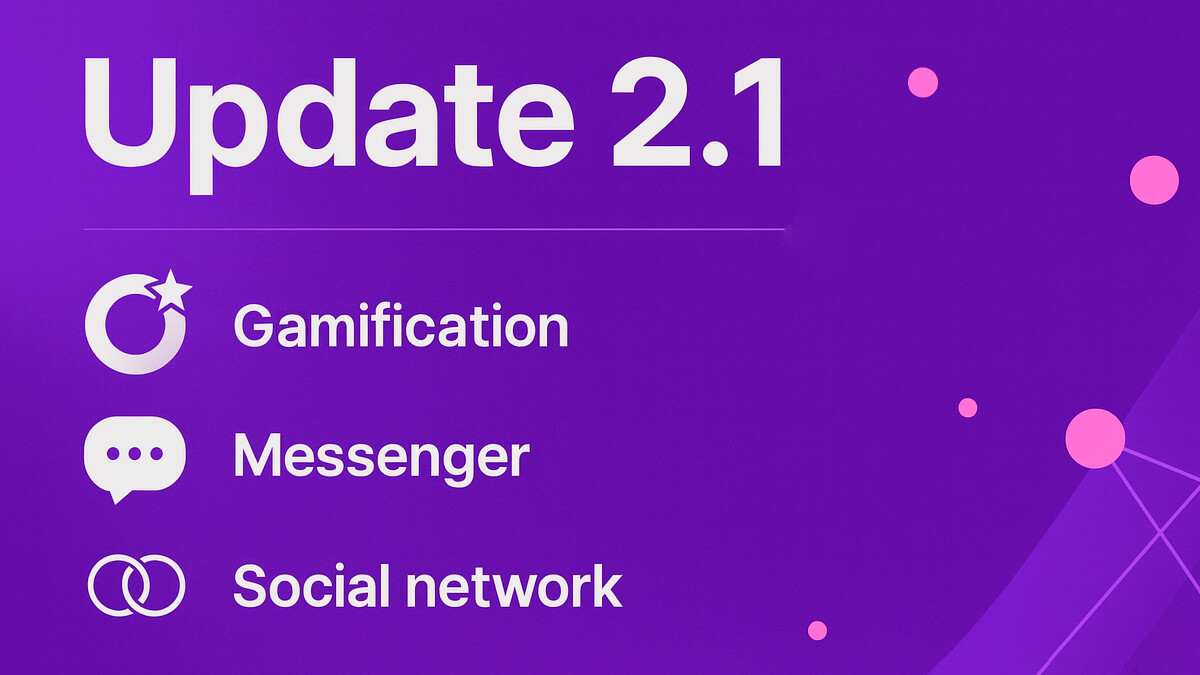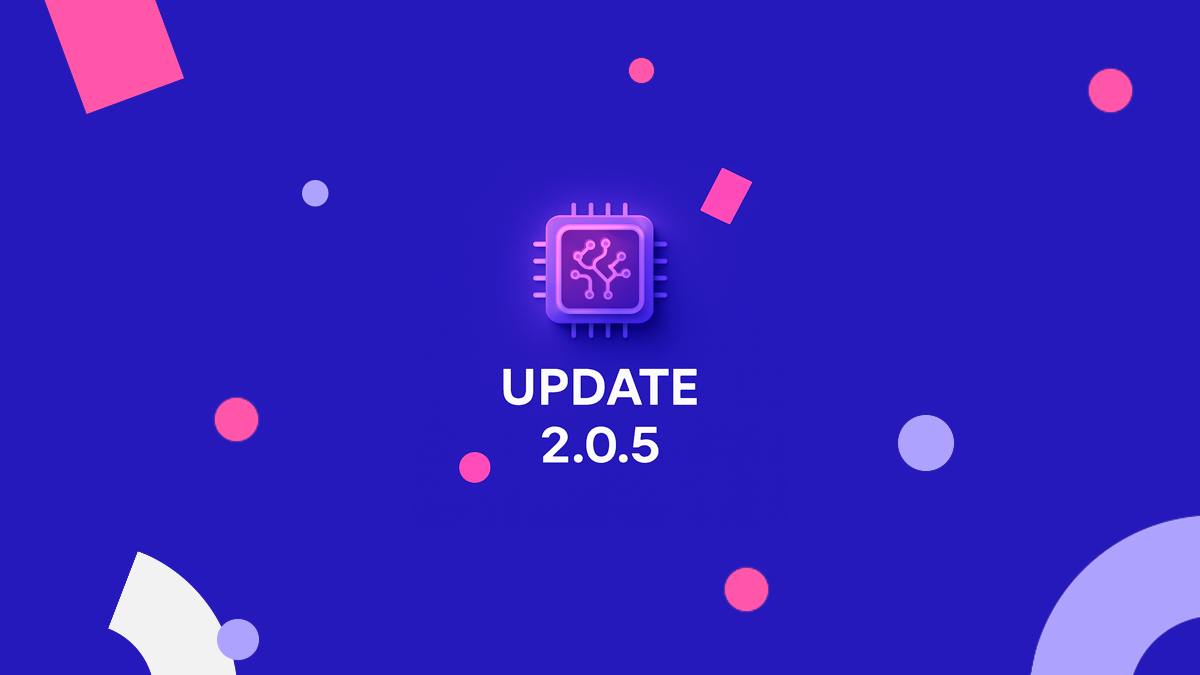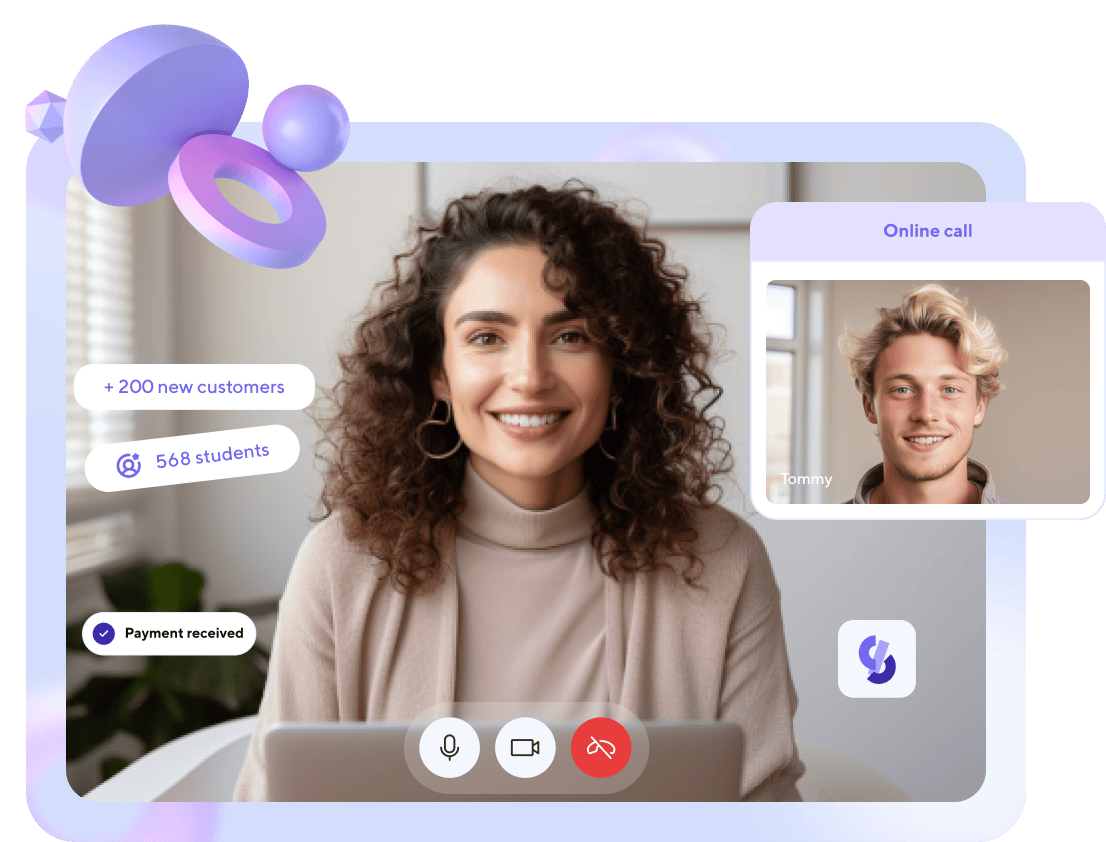10 Tips How to Choose the Best LMS for Your Online School

Selecting the appropriate Learning Management System (LMS) is a crucial step for any online school. The right LMS can enrich your students’ learning journey, elevate academic outcomes, and encourage continuous learning. However, with countless options available in the market, making an informed choice can be overwhelming. In this article, we’ll guide you through the critical criteria and handy tips to help you select the best LMS for your educational needs. By the end, you’ll have a clearer understanding of what to look for and how to make the most of your LMS investment.
1. Clarify Your Goals
Before exploring various functionalities and options, start by clearly identifying your educational objectives for implementing an LMS in your online school. Keep the following points in mind:
- Educational Aims: Are you focused on academic courses, professional training modules, or a mix of both?
- User Capacity: What’s the estimated number of students or participants the LMS will need to accommodate?
- Content Formats: Do you already possess educational material? If so, in what formats does it exist (e.g., video lectures, audio podcasts, PDF documents, SCORM packages)?
- Future Expansion: Do you anticipate growth in student enrollment or course offerings? Make sure your chosen LMS has the scalability to meet future needs.
2. Features and Functionality
Not all LMSs are created equal. Some offer basic functionalities, while others come loaded with advanced features. Here are essential functions to consider:
- Content Management: Can it upload and organize various content types efficiently?
- Assessment Tools: Look for quizzes, surveys, and other tools to evaluate learner progress.
- Customization: Can you tailor the LMS to match your brand and learning objectives?
- Integration: It should seamlessly integrate with other tools and systems you use.
- Analytics and Reporting: Data-driven insights can help assess the effectiveness of your training programs.
3. Integrated CRM (Customer Relationship Management)
Integrated CRM system gives a number of significant advantages.
- Consolidated Information: An integrated CRM allows training data to coexist with customer information, offering valuable insights into how educational initiatives affect customer behavior, satisfaction, or loyalty.
- Customized Learning Routes: Utilizing CRM data, the LMS can recommend tailored courses or resources based on a student’s or customer’s past interactions, transactions, or preferences.
- Elevated User Experience: By having a deeper understanding of your users’ learning histories and preferences, you can offer a more personalized, streamlined educational journey. This not only adds value but also fosters stronger trust and loyalty among your students or customers.
4. Integrations with Other Services
In today’s interconnected tech ecosystem, the ability of an LMS to integrate seamlessly with other platforms and tools is crucial:
- APIs and Webhooks: A good LMS should provide APIs or webhooks to ensure easy integration with other systems. This ensures that data can flow between platforms without manual intervention.
- Compatibility with Tools: Your organization might already be using various tools for communication, project management, or content creation. An ideal LMS should be able to work harmoniously with these tools, like for example with Zoom to conduct online classes.
- Single Sign-On (SSO): SSO allows users to log into multiple applications or platforms using one set of credentials. This not only enhances security but also simplifies the user experience by reducing the number of passwords they need to remember.
- E-commerce Integrations: If you’re selling courses or training programs, e-commerce integrations are essential. Your LMS should seamlessly integrate with payment gateways or shopping carts.

5. User Experience (UX)
A good LMS is one that’s intuitive and user-friendly. If your team struggles to navigate the platform or finds it cumbersome, the learning experience will suffer.
- Intuitive Design: The interface should be clear and easy to navigate.
- Search Capabilities: Users should be able to quickly find courses or materials they need.
- Accessibility: Ensure it complies with accessibility standards to cater to all users, including those with disabilities.
6. Budget and Pricing
LMS solutions range from free, open-source platforms to premium, high-cost solutions. Determine your budget beforehand and assess what you’re getting for the price:
- Upfront Costs: Includes licensing or purchase costs.
- Recurring Costs: Monthly or yearly subscription fees.
- Hidden Costs: Training, support, updates, and other fees that might not be evident initially.
7. Support and Training
The level of support provided can make or break your LMS experience:
- Onboarding: Initial training for admins and users to get started.
- Customer Support: Reliable support via chat, email, or phone.
- Updates and Maintenance: Regular updates to ensure the LMS stays current and bug-free.

8. Security and Compliance
Your LMS will house valuable data, and it’s crucial that this data is protected:
- Data Encryption: Look for SSL certificates and encryption protocols.
- Backup: Regular backups ensure data isn’t lost.
- Compliance: Ensure the LMS meets industry-specific regulations and standards.
9. Testimonials and Reviews
Always research and read reviews or ask for case studies:
- Customer Reviews: Can provide insights into real-world user experiences.
- Case Studies: These offer detailed examples of how the LMS has been implemented and the results achieved.
10. Testing and Demos
Before committing, request a demo or a trial period:
- Hands-on Experience: Helps you gauge the LMS’s capabilities and UX.
- Ask Questions: Use this time to clarify any uncertainties.
Conclusion
Selecting the ideal LMS is about balancing an understanding of your online school’s specific requirements with a careful assessment of the available choices. While this may appear overwhelming at first, keep in mind that the right selection can profoundly enhance your online school’s educational impact.
When it comes to making an informed decision, consider Softbook LMS as a solution tailored to your needs. At Softbook, we understand the complex needs of contemporary educational settings. We’ve engineered an LMS that is not only intuitive and user-friendly but also versatile and feature-rich. Our platform offers 24/7 customer support, integrated CRM functionalities, seamless integration with payment gateways, compatibility with Zoom for online instruction, robust cloud storage options, and rigorous data protection measures. Contact us today to find out how Softbook can revolutionize your online school’s educational experience.
Articles are good, but social media posts are faster!
Subscribe to us and be the first to receive tips and tricks
on promoting your online school!


Earn money on your knowledge and experience with
Softbook!
to the platform for setting up your own school!





